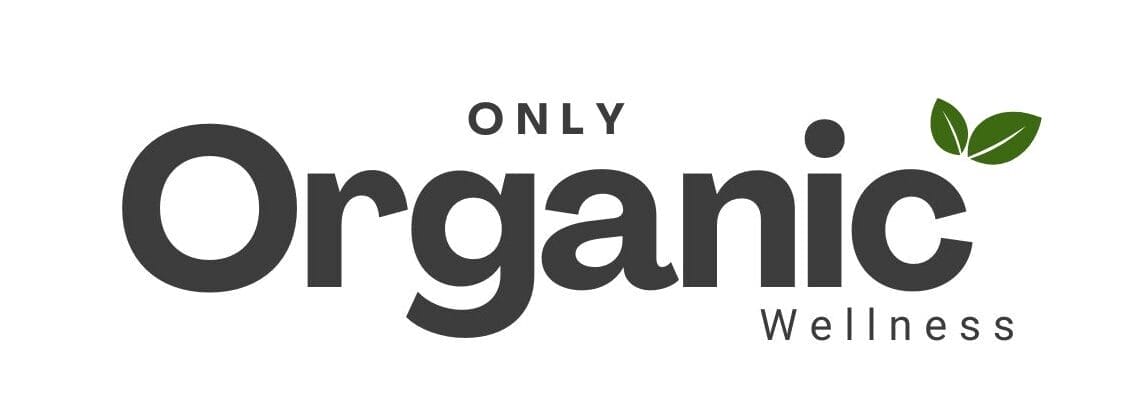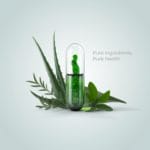The neem tree (Azadirachta indica) stands as one of nature’s most remarkable botanical treasures, revered for thousands of years in the Indian subcontinent. This evergreen marvel, with its distinctive bitter leaves and healing properties, continues to fascinate modern science just as it did ancient practitioners of Ayurveda. Having personally encountered the benefits of neem throughout my journey exploring traditional remedies, I’m eager to share the fascinating research and traditional wisdom surrounding this extraordinary plant.
Ancient Roots, Modern Science
The neem tree’s history stretches back millennia in South Asian cultures, where it earned the Sanskrit name “Arishtha,” meaning “reliever of sickness.” In my travels through rural India, I often noticed neem trees planted near homes—a living pharmacy providing shade and medicine. This traditional reverence is increasingly validated by modern scientific inquiry.
Research published in the Journal of Ethnopharmacology confirms what traditional healers have known for generations: neem contains over 140 bioactive compounds with remarkable properties. The most studied of these, azadirachtin, demonstrates significant antimicrobial and pest-resistant qualities that have made neem a subject of intense scientific interest.
A Natural Medicine Cabinet
The medicinal applications of neem are extraordinarily diverse, with each part of the tree—leaves, bark, seeds, flowers, and oil—offering distinct benefits:
Antimicrobial Properties
Neem’s ability to combat harmful microorganisms has been extensively documented. A comprehensive review in the International Journal of Research in Pharmaceutical Sciences highlights neem’s effectiveness against various bacteria, including those resistant to conventional antibiotics. My grandfather, who grew up in a village where modern medicine was scarce, often recounted how neem leaf poultices were the community’s first line of defence against infected wounds.
Skin Health
The connection between neem and healthy skin extends beyond anecdotal evidence. Research in the Journal of Dermatological Science demonstrates neem’s efficacy in treating various skin conditions, from acne to eczema. Its anti-inflammatory properties, coupled with its ability to combat harmful microbes without disrupting beneficial skin flora, make it particularly valuable for skin care.
Oral Health
The humble neem twig was perhaps the world’s first toothbrush, and science now validates this traditional use. Studies published in the Journal of Indian Society of Periodontology show that neem extract significantly reduces plaque formation and gingivitis. When I switched to a neem-based oral care routine on the recommendation of a holistic dentist, the improvement in my gum health was remarkable and measurable at my next check-up.
Immune Support
Perhaps most relevant to our modern health concerns, neem appears to modulate immune function. Research in the Journal of Ethnopharmacology suggests that neem extracts can enhance cellular immune responses, potentially supporting the body’s natural defence systems during seasonal challenges.
Sustainable Solutions
Beyond personal health benefits, neem offers extraordinary potential for sustainable agriculture. Its natural pest-repellent properties have been harnessed to create eco-friendly alternatives to synthetic pesticides. A landmark study in the Journal of Biopesticides demonstrated that neem-based formulations effectively controlled pests while preserving beneficial insects—a crucial balance for ecosystem health.

Modern Applications
The transition of neem from traditional remedy to modern supplement represents a beautiful bridge between ancient wisdom and contemporary science. Many people now incorporate neem into their wellness routines through carefully formulated supplements.
Quality sourcing remains paramount when selecting neem products. Organic cultivation ensures the plant’s beneficial compounds are present without unwanted contaminants. For those interested in experiencing neem’s benefits, high-quality organic supplements provide a convenient option.
Personal Experience
My own journey with neem began during a prolonged period of digestive discomfort that conventional approaches hadn’t resolved. A nutritionist with training in traditional medicine suggested incorporating neem into my routine. The bitter taste took some adjustment (I admit to holding my nose during those first few weeks!), but the improvements to my digestive comfort were undeniable.
When travelling became difficult during recent global events, I switched to a high-quality organic supplement and found it equally effective and considerably more convenient.
Research Continues
The scientific exploration of neem’s potential continues to expand. Recent research in the International Journal of Molecular Sciences has begun to elucidate the molecular mechanisms behind neem’s remarkable properties, particularly its interaction with inflammatory pathways and cellular signalling.
Another fascinating avenue of current research examines neem’s potential in supporting metabolic health. Preliminary studies published in BMC Complementary Medicine and Therapies suggest that certain neem compounds may help maintain healthy blood glucose levels—though more research is needed before definitive claims can be made.
Sustainable Harvesting
As interest in neem grows globally, questions of sustainability become increasingly important. Traditional harvesting practices, which carefully removed leaves without damaging the tree’s growth, provide a model for modern collection methods. The neem tree’s resilience and ability to thrive in marginal soils make it particularly valuable for sustainable cultivation, especially in regions facing agricultural challenges due to climate change.
Final Thoughts
The neem tree stands as a remarkable example of how traditional knowledge and modern science can complement each other. From ancient Ayurvedic texts to contemporary peer-reviewed journals, the evidence supporting neem’s diverse benefits continues to grow.
As with any natural remedy, individual responses vary, and it’s always wise to consult healthcare providers before making significant changes to health routines. However, the accumulated wisdom of centuries of use, increasingly validated by rigorous scientific inquiry, suggests that this extraordinary tree deserves its reputation as “nature’s pharmacy.”
Whether you’re drawn to neem for specific health concerns or simply curious about incorporating traditional botanicals into your modern wellness routine, this remarkable tree offers a fascinating glimpse into the powerful intersection of ancient wisdom and contemporary science—a living bridge between generations of healing knowledge.



